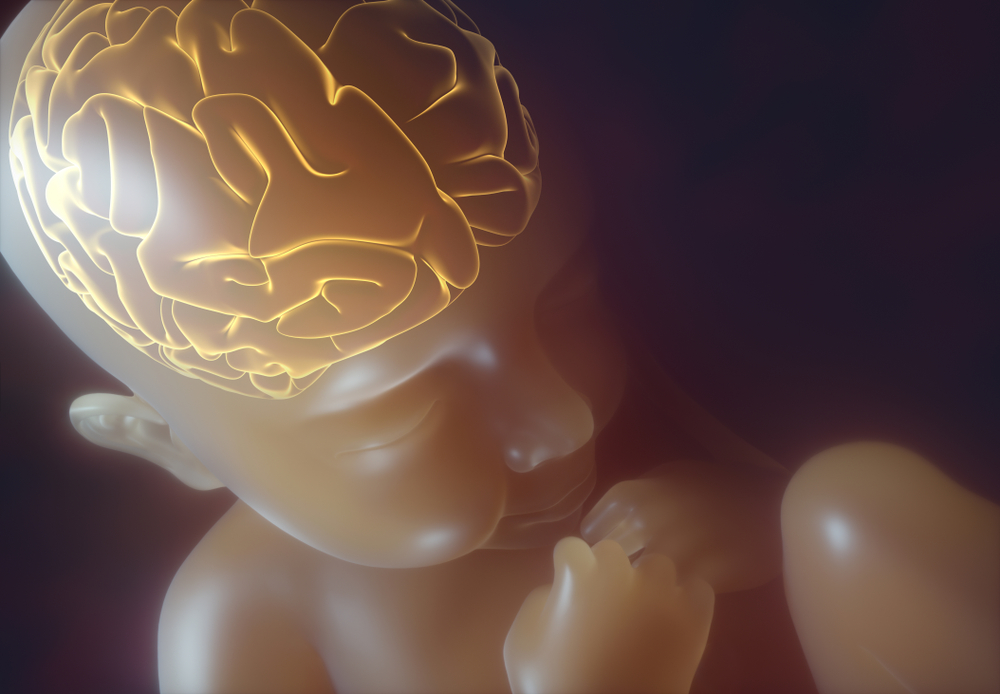What Is The Difference Between A Neonatal And Perinatal Stroke?

Understanding Neonatal and Perinatal Strokes
Neonatal and perinatal strokes are two types of strokes that can occur in newborns and infants. A neonatal stroke happens within the first 28 days of life, while a perinatal stroke occurs between 20 weeks gestation and 28 days after birth. If your child has suffered a stroke, it’s critical to work with experienced medical professionals as well as a skilled neonatal stroke lawyer to protect your child’s rights and secure the support they need.
Raynes & Lawn Trial Lawyers has decades of experience guiding clients through birth injury cases. Our talented and dedicated attorneys can give you personalized and strategic attention. Call our offices today at 1-800-535-1797for your free consultation.

Definitions and Timing
Neonatal strokes specifically refer to strokes diagnosed within the first 28 days after birth. These strokes are typically caused by blood clots that form in the baby’s brain during or shortly after delivery. Perinatal strokes, on the other hand, can occur either before or after birth, from 20 weeks gestation up to 28 days post-delivery. Working with a knowledgeable neonatal stroke lawyer is essential for understanding your legal options if either type of stroke has impacted your child.
Causes and Risk Factors
Several factors can increase the risk of a baby experiencing a neonatal or perinatal stroke. These include complications during pregnancy or delivery, such as preeclampsia, placental abruption, or prolonged labor. Congenital heart defects, blood clotting disorders, and maternal infections can also elevate the chances of a stroke occurring. A skilled neonatal stroke attorney can help determine if medical negligence affected your child’s condition.
Impacts of Neonatal and Perinatal Strokes
Neonatal and perinatal strokes can lead to a range of short-term and long-term effects for the impacted child.Common signs of a stroke in newborns include seizures, extreme sleepiness, and weakness or paralysis on one side of the body. In the long run, children who have experienced a stroke may face challenges such as cerebral palsy, developmental delays, learning disabilities, and epilepsy. Securing the guidance of a neonatal stroke lawyer is crucial for ensuring your child receives the care, therapy, and accommodations they need.
Diagnosis and Treatment
Prompt diagnosis and treatment are essential for minimizing the impacts of neonatal and perinatal strokes. Diagnostic tools such as CT scans, MRIs, and ultrasounds can help identify the presence and extent of a stroke.
Long-Term Prognosis and Support
The long-term prognosis for children who have experienced a neonatal or perinatal stroke varies depending on the severity and location of the brain injury. While some children make significant strides with proper treatment and support, others may face lifelong challenges. Connecting with a perinatal stroke attorney can provide invaluable guidance as you navigate your child’s care needs and fight for the resources they deserve. Remember, you are your child’s strongest advocate, and seeking legal skill set is a powerful way to protect their rights and well-being.
Frequently Asked Questions
-
What are the most common signs of a neonatal stroke?
Common signs of a neonatal stroke include seizures, lethargy, apnea, and weakness or paralysis on one side of the body. If you notice these symptoms in your newborn, seek immediate medical attention and consider contacting a baby stroke lawyer.
-
Can a perinatal stroke lead to cerebral palsy?
Yes, perinatal strokes are a leading cause of cerebral palsy. A brain injury lawyer in Pennsylvania can help you understand your legal rights and options if your child has been diagnosed with cerebral palsy following a stroke.
-
How can a brain injury attorney in Pennsylvania assist families impacted by neonatal or perinatal stroke?
A skilled brain injury attorney in Pennsylvania can investigate the circumstances surrounding your child’s stroke to determine if medical malpractice or negligence were factors. They can also help you secure vital resources for your child’s ongoing care and treatment.
-
What are some potential long-term effects of a neonatal stroke?
Children who have experienced neonatal strokes may face challenges such as cerebral palsy, epilepsy, vision or hearing impairments, and cognitive or behavioral issues. A neonatal stroke lawyer can fight to ensure your child can access the support and accommodations needed to thrive.
-
How can I find an experienced perinatal stroke lawyer to advocate for my child?
Look for a perinatal stroke lawyer with a proven track record of success in handling birth injury cases.
Work with a Brain Injury Lawyer
If your child has suffered a neonatal or perinatal stroke, remember that you are not alone. Seeking the guidance of a skilled neonatal stroke lawyer is a critical step in protecting your child’s rights and securing the support they need to reach their full potential.
Don’t hesitate to contact our talented and knowledgeable birth injury lawyers at Raynes & Lawn Trial Lawyers to protect your rights and your child’s future. Justice may be a long process, but the outcome and results our attorneys achieve can make a tremendous difference for your family. Call us today at 1(800) 535-1797 for more information.
